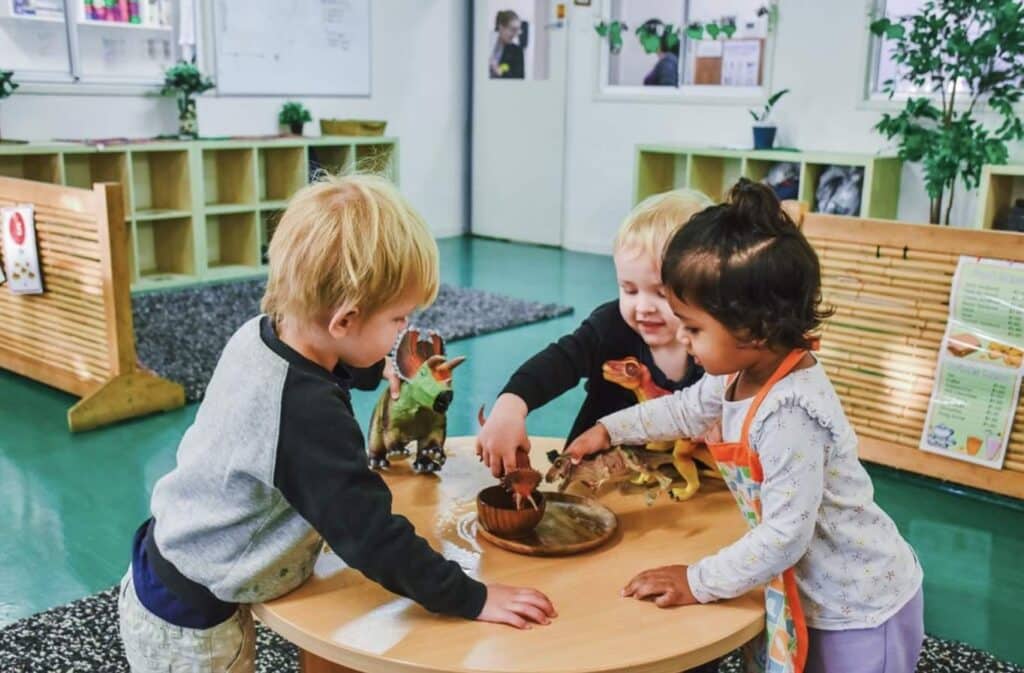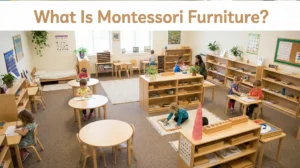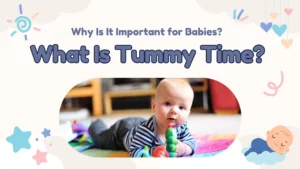Early childhood centres and preschools can be essential support systems for many parents when it is time to go back to work and continue their careers. However, preschools aren’t just a practicality, they have proven to be extremely beneficial for early childhood development.
Group play and one-on-one time are certainly beneficial in early childhood learning, but what exactly is it about early childhood centers that are particularly useful for development?
Pre-schoolers are a bundle of energy, wonder and enchantment. When programming for children it is important to remember that each child develops at their own individual pace and may respond to learning experiences in different ways. As Educators, we should take the time to get to know each child and their interests and appreciate each child’s special characteristics, as what works for one child may not work for another.
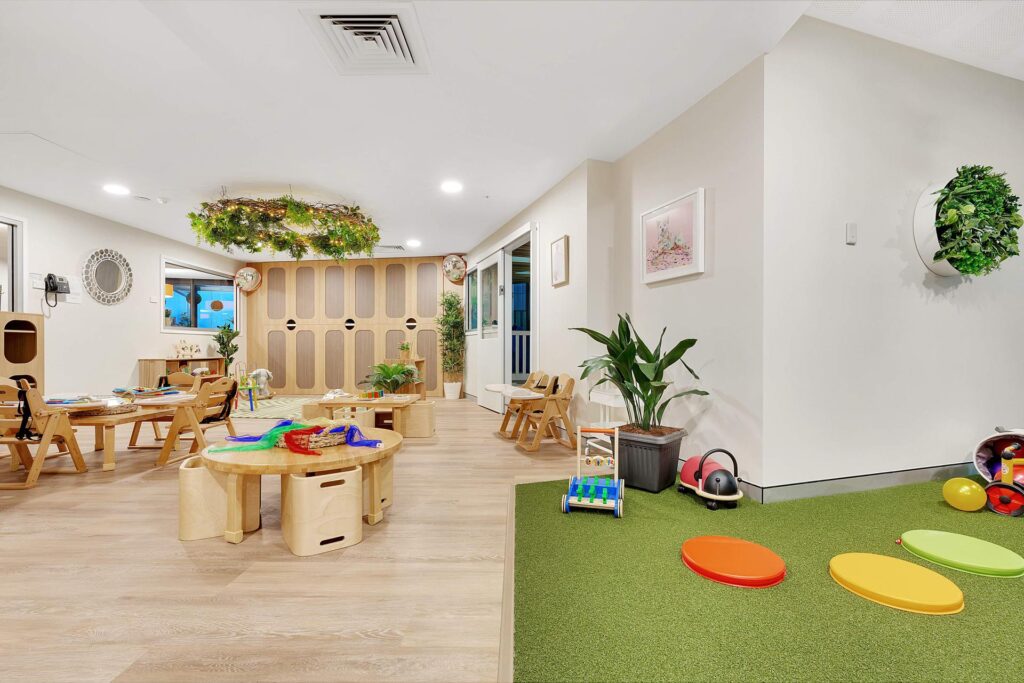
Cognitive and social development
The first five years of a child’s life are crucial for their development, as this is when all basic foundations are set for their future thinking, behaviour patterns and emotional wellbeing. Learning environments in early childhood centres allow for play-based learning which encourages language and emotional skills as well as the development of creativity and imagination.
Children learn best through child-led programs and continuity of learning.
As children’s learning expands, the environment plays a critical role. The richer the environment, the more concrete opportunities there are for children to learn by interacting with materials and people. Pre-school children supplement what they have learnt through these early experiences.
Although it may just look like your children are having fun playing when at preschool, the staff encouraging and supervising them know precisely what kind of learning is crucial for your child’s development, and ensure that every toy and game sent their way helps them grow and learn.
Children learn most effectively when the learning opportunities you provide build on their knowledge and experience. All children come to Preschool programs with some conception of literacy, maths, and science. By building on what children already know, you help them feel competent and excited about learning.
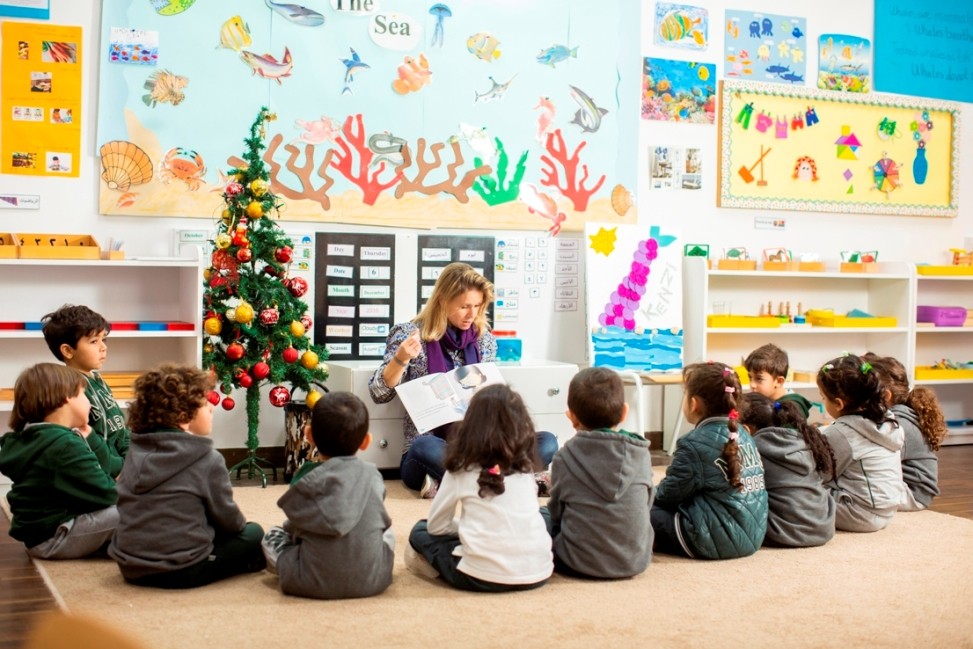
Improved social interaction
Immersing your child in group learning environments early on in life helps them to develop a good sense of emotional maturity, which ensures strong relationships in future. It teaches them how to interact with children and adults from all backgrounds, and equips them with the social skills required to make friends and build appropriate relationships with educators.
A child must learn how to approach other children, how to negotiate issues that come up, how to take turns, and how to communicate effectively. Children who can develop and maintain friendships are more likely to lead successful and productive lives as adults.
These kinds of skills are crucial not only for the rest of their formative education but later in adult life too. Setting these foundations early will help your child to make healthy emotional choices and foster positive relationships throughout their life.
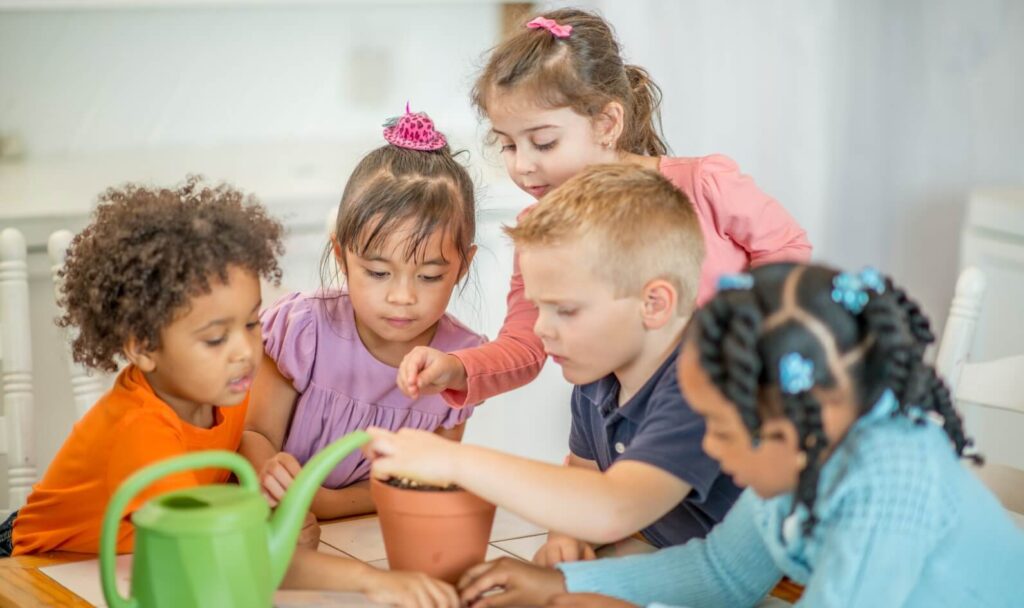
Improved academic performance
Research from the Early Development Census suggests that children who are exposed to at least one year of early childhood education are more likely to perform well in primary school. By boosting their cognitive development early, they are likely to reach higher levels of literacy and numeracy later in their education.
This doesn’t just mean that they will find their Year 3 Maths homework easier, the research also suggests that children exposed to early childhood education are more likely to finish their Higher School Certificate (HSC) and are more likely to complete tertiary education.
Early academic skills related to literacy and math are the most significant predictors of future academic achievement. Key early literacy predictors for reading and school success include alphabet knowledge, phonological awareness, rapid automatic naming of letters or numbers, rapid automatic naming of objects or colours, writing and phonological memory. Some studies suggest that early math skills measured in kindergarten, particularly related to counting and number sense, predict reading, math, and science achievement in later years.
Children’s early non-academic skills, such as social competence and self-regulation, also contribute to school success. Some studies suggest that early social skills are linked to future literacy achievement.
Learning-related skills have been shown to impact reading and math scores as far up as a middle school. Learning for children this age is best done through hands-on meaning-driven interactions, where children can discover the properties of items before being asked to apply knowledge. For example, allow children to interact with tubes, funnels, and water, before expecting them to problem-solve how to get water from a bucket on the ground up to the water table. Learning at this age is not about memorizing but is instead about uncovering.
Preschool is so much more than a place for children to play during the day. It offers countless social, cognitive, academic, emotional and health benefits that could aid them throughout their childhood and well into their adult life.

